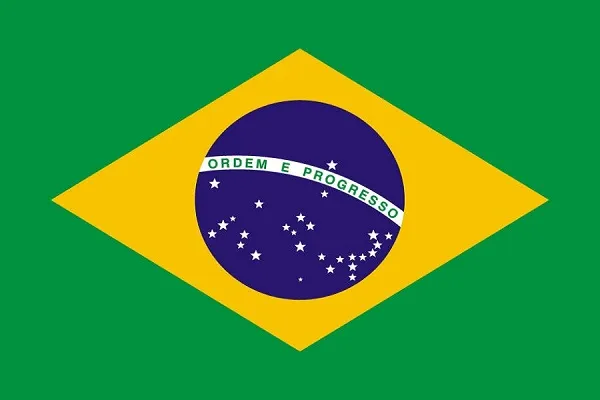The CVM (Securities and Exchange Commission) has released a resolution requiring publicly traded companies to submit annual reports detailing their sustainability actions and ESG (Environmental, Social, and Governance) risk management. This measure will be mandatory starting in 2026, but companies can voluntarily submit these reports starting next year (2024) if they choose to.
The decision is linked to the Ecological Transformation Plan, also launched this year by the Ministry of Finance, which aims to promote the country’s economic growth while establishing a new relationship with the environment. The report must adhere to the International Sustainability Standards Board’s guidelines and must include information about climate and sustainability-related opportunities and risks.
Carbon Market Gains Importance
In this context, the carbon credit market becomes even more relevant and attractive to investors and companies. “With the approval of the bill regulating the Brazilian Emissions Reduction Market (MBRE), we have already seen progress in the carbon credit sector, which is further strengthened by this CVM resolution requiring sustainability reports. Companies that cannot reduce their greenhouse gas emissions will need to purchase carbon credits, especially to present a satisfactory report. This drives the market and attracts investors,” says Odair Rodrigues, founder of B4, the first carbon credit exchange in Brazil.
According to Rodrigues, requiring companies to report their sustainability actions is a way to encourage significant actions within this market. “We need companies that are genuinely concerned about global sustainability and, therefore, develop projects that contribute to preserving the environment and reducing greenhouse gas emissions. This CVM resolution is a positive step as it promotes and encourages sustainable actions and projects, indicating progress in the carbon credit market—especially for companies that cannot reduce their emissions,” Rodrigues concludes.
About B4
One of B4’s main goals is to act as a facilitator in the carbon credit market. Launched in August this year in São Paulo, B4 was introduced at an event attended by over 100 people, including representatives from NGOs, entrepreneurs, and investors.
Using Blockchain technology, B4 provides a solution that makes carbon credit records immutable, preventing credit duplication and ensuring a transparent and secure environment. “B4 was created with the purpose of facilitating this valuable and rapidly growing carbon credit market, not only in Brazil but globally. We expect the company to handle up to R$ 12 billion in carbon credits in the first year. Therefore, national regulation of this market is very important for us and for all companies and organizations genuinely concerned with global sustainability,” says Odair Rodrigues.








